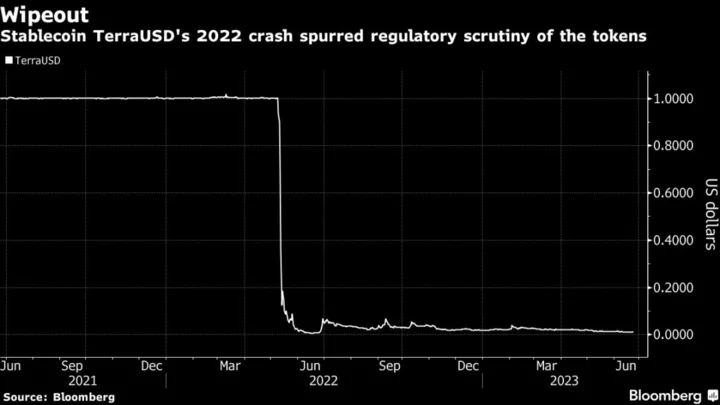Massive amount of rare rock discovered which could power batteries for next century
A huge amount of rock has been found which could have great consequences for us all. The phosphate rock deposit, discovered in Norway, contains enough minerals to meet the global demand for batteries and solar panels for the next 100 years, according to the mining company that controls it, Norge Mining. Phosphate rock, first discovered in 1669 by German scientist Hennig Brandt, contains high concentrates of phosphorus, which is a key component for building green technologies like electric cars. But it has supply issues given the EU is dependent on imports from countries like China, Iraq and Syria, and until recently, Russia.. An article in the scientific journal Nature last year for instance warned of imminent supply disruptions of phosphorus, citing Russia’s invasion of Ukraine and the subsequent economic sanctions as a potential cause of market volatility. So finding all this rock is, in short, good news. Sign up to our free Indy100 weekly newsletter Indeed, a spokesperson for the European Commission described the discovery as “great news” for meeting the objectives of the Commission’s raw material objectives, with Norge Mining telling Euractiv that the projected 4,500-metre-deep ore body would theoretically be capable of meeting global demand for the next century. Norway’s minister of trade and industry, Jan Christian Vestre, said last month that the government was considering fast-tracking a giant mine in Helleland once analysis is completed on 47 miles of drill cores. If approval is given, the first major mine could begin operation by 2028. The mining plans already have the support of the European Raw Materials Alliance, according to local reports, while local consultations continue. Rock on. Have your say in our news democracy. Click the upvote icon at the top of the page to help raise this article through the indy100 rankings.

A huge amount of rock has been found which could have great consequences for us all.
The phosphate rock deposit, discovered in Norway, contains enough minerals to meet the global demand for batteries and solar panels for the next 100 years, according to the mining company that controls it, Norge Mining.
Phosphate rock, first discovered in 1669 by German scientist Hennig Brandt, contains high concentrates of phosphorus, which is a key component for building green technologies like electric cars. But it has supply issues given the EU is dependent on imports from countries like China, Iraq and Syria, and until recently, Russia..
An article in the scientific journal Nature last year for instance warned of imminent supply disruptions of phosphorus, citing Russia’s invasion of Ukraine and the subsequent economic sanctions as a potential cause of market volatility.
So finding all this rock is, in short, good news.
Sign up to our free Indy100 weekly newsletter
Indeed, a spokesperson for the European Commission described the discovery as “great news” for meeting the objectives of the Commission’s raw material objectives, with Norge Mining telling Euractiv that the projected 4,500-metre-deep ore body would theoretically be capable of meeting global demand for the next century.
Norway’s minister of trade and industry, Jan Christian Vestre, said last month that the government was considering fast-tracking a giant mine in Helleland once analysis is completed on 47 miles of drill cores. If approval is given, the first major mine could begin operation by 2028.
The mining plans already have the support of the European Raw Materials Alliance, according to local reports, while local consultations continue.
Rock on.
Have your say in our news democracy. Click the upvote icon at the top of the page to help raise this article through the indy100 rankings.









